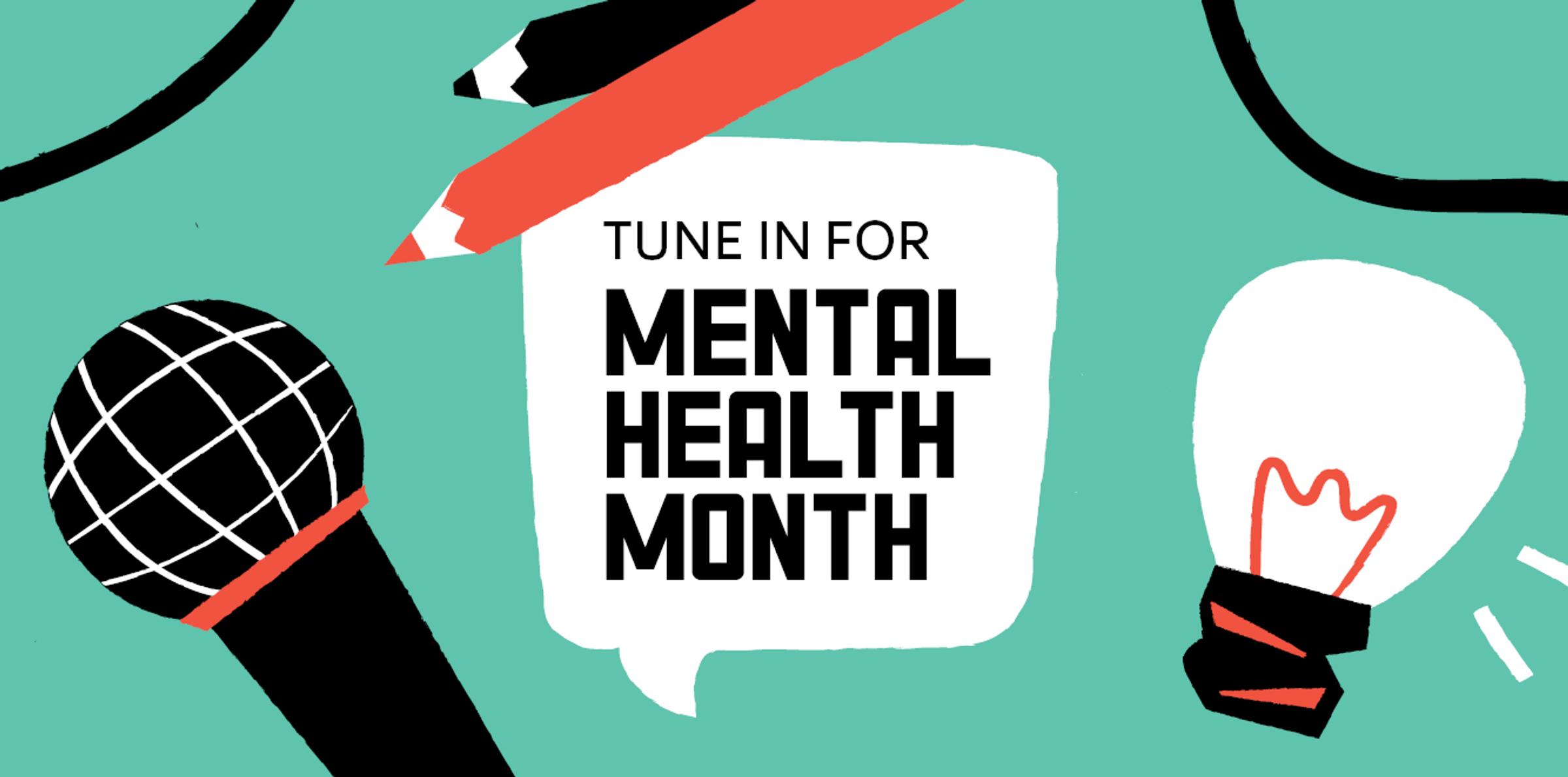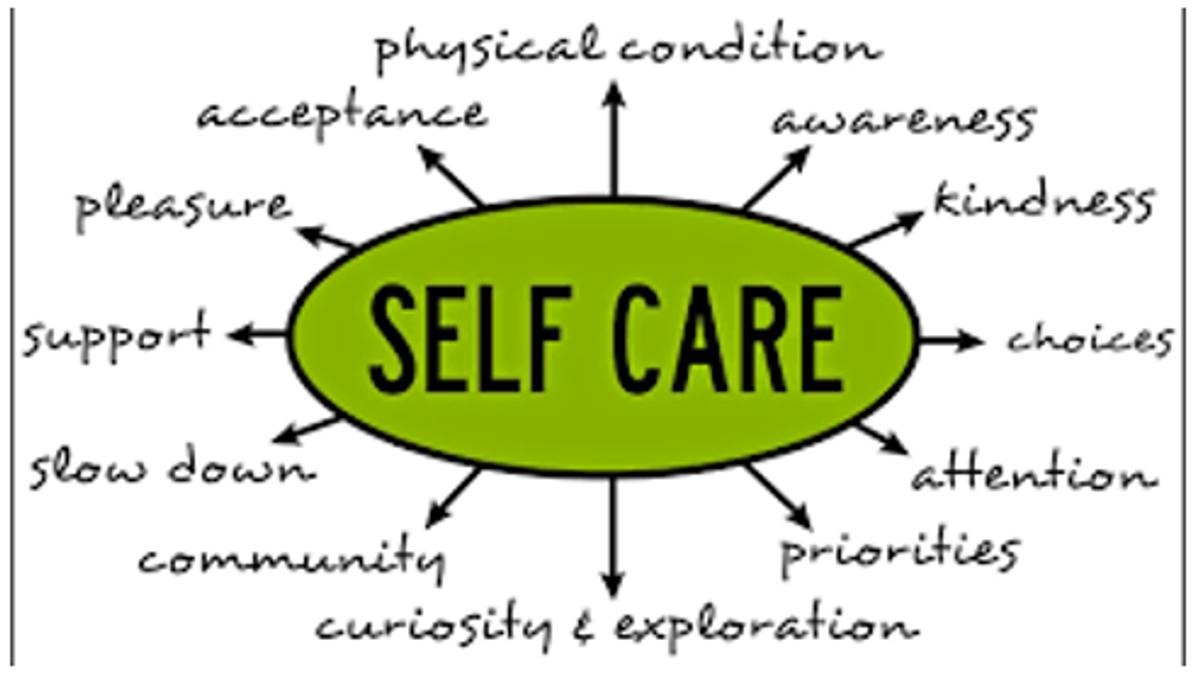WELLBEING

SURFSUP with the Wellbeing Team
The last few weeks have flown by so quickly with celebrations taking place for our Year 12 students and the successful running of Wellbeing Days for the Year 7 and Year 10 Students. The wellbeing team has been busy seeing students through this time providing a safe space for students needing some extra support. The space has been well utilised during student breaks with students enjoying some mindfulness activities as well as the “Monopoly” challenge that takes place most lunchtimes. Some students have also been taking advantage of playing pickleball in the gym- a great fun new games that anyone can play and enjoy. If you want to learn some more just ask any of the Health and PE team….
How to make self-care a family priority
In this week’s newsletter we would like to focus on how as a family you can priories self-care, not only as an individual but also as a family unit. Coming into exam time, holiday celebrations, demanding work schedules and timelines we often find ourselves feeling burnt out, stressed and undervalued. Prioritizing self-care for yourself and your family can help with pulling back these thoughts and allowing you to take on a new perspective. This article can help if….
- you want your family to get into the habit of self-care
- you're worried about time and money when it comes to self-care
- you're not managing to stick to a self-care routine
Why should self-care be a priority for families?
Practising self-care can make you feel happier and more physically, mentally and emotionally able to deal with life’s pressures and stresses. For busy, hectic families, ensuring self-care is a priority makes sense, as it helps parents be better carers. It also role models positive behaviour for teens, which they’ll adopt and benefit from into adulthood.
What self-care works for you?
Self-care is different for everyone – you might have to work together to figure out the best options for each of you. Ask everyone to think about these questions individually:
- What activities make you feel good and recharged?
- What would you like to do more of?
- Are there any activities that you look forward to during the week?
- What would your ideal day look like? What activities would you do?
If you’re struggling to think of specific activities, think about:
- For parents (who may have forgotten!): What did you love doing before you had kids?
- For children: Remind them of the things you’ve seen them enjoying.
Think low budget or free. This is about filling hearts with joy, not emptying your bank account. Take this quiz to find out what sort of self-care works for you. For some more examples, check out our self-care fact sheet.
Carve out time for individual self-care
Self-care adds up like coins in a jar – every 5 or 10 minutes accumulates for good. If you think you’re too busy for self-care, it’s likely that self-care is exactly what you need. Here are some ways you can make time:
- If an idea is too time-consuming, see if it can be pared back or broken down. That national park hike can wait, but perhaps you can fit in 10 minutes a day at your local park.
- Use ‘dead time’. For example, enjoy a podcast on the way to work; walk or cycle instead of driving locally; eat lunch outside instead of at your desk; or take a walk during your lunch break.
- Use ‘free time’ better. Social media scrolling and binge watching TV can sap your soul. Free up a bit of that time for your happy stuff.
- Be realistic about how much time you need to feel benefits from your self-care. Some people need more time than others, so don’t undercook what you need.
Commit to a routine
Put your individual self-care plans into the family planner and make it a priority:
- See this as an ongoing wellbeing plan, not an emergency response for when things get too much.
- Have the attitude that self-care activities are the last to be dropped from the schedule, not the first.
Get support
Back each other up! Tell each other what you’re doing, and when, and encourage everyone to help and support each other. For example, you could:
- swap chores, so that someone can go and do the self-care they'd scheduled
- ask for help from other family, friends and neighbours
- use local services, such as after-school care, to make time for self-care.
Reflect and adapt
Schedule a time to see how everyone’s doing. At the beginning when you’re figuring things out, a more frequent check-in (like once a month) might be needed. Once you get your bearings, you can scale these check-ins back to suit you. Adapt what isn’t working:
- Would a different time of day work better? Earlier in the day can be easier because it’s hard to stop what you’re doing as the day progresses.
- Would a different day be better? What feels great on Saturday morning might not work on Monday afternoon.
- Encourage your family to keep at it. Be clear that you value self-care and will always support them in being able to do it.
Self-care | ReachOut Australia
Here is some great Mindfulness links you might enjoy:
"WTF is mindfulness?" meditation | ReachOut Australia
What is Mindfulness? — Smiling Mind
Year 7 Wellbeing Day
Project Rockit
The Project Rockit experience for our Year 7 cohort was a strengths-based workshop on how to support students to take action against (cyber)bullying, understand online consent and foster their wellbeing, lean into leadership, break down prejudice and create environments where diversity is celebrated.
Through role plays, experiments and interactive discussion the presenters were aiming to equip the students with the empathy and skills to take real action against bullying on line.
Snakes and Ladders and Mental Health Projects
The students were given an opportunity to make some great snakes and ladders games, calendars for Mental Health Month around supporting good mental health and posters to educate others on Good Mental Health.
Introducing Pickleball
On Monday the 10th October the Year 7 students were able to explore the new game of Pickleball as part of their Wellbeing day.
Pickleball is a great game!! Fun, social and friendly. The rules are simple- and the game is easy for beginners to learn, but can develop into a quick, fast-paced, competitive game for experienced players. As part of Mental Health Month the school received a Mental Health Grant from Surfcoast Shire to purchase the equipment, and with the help of Torquay Pickleball Club Fran and Terry the Health and PE team were able to receive some expert training on teaching and playing for our students. Here is some action shots from the day.
If you want to learn more about the game you can have a look at this quick clip-
And this folks, is why Pickleball is the greatest sport in the world. 💯 - YouTube











